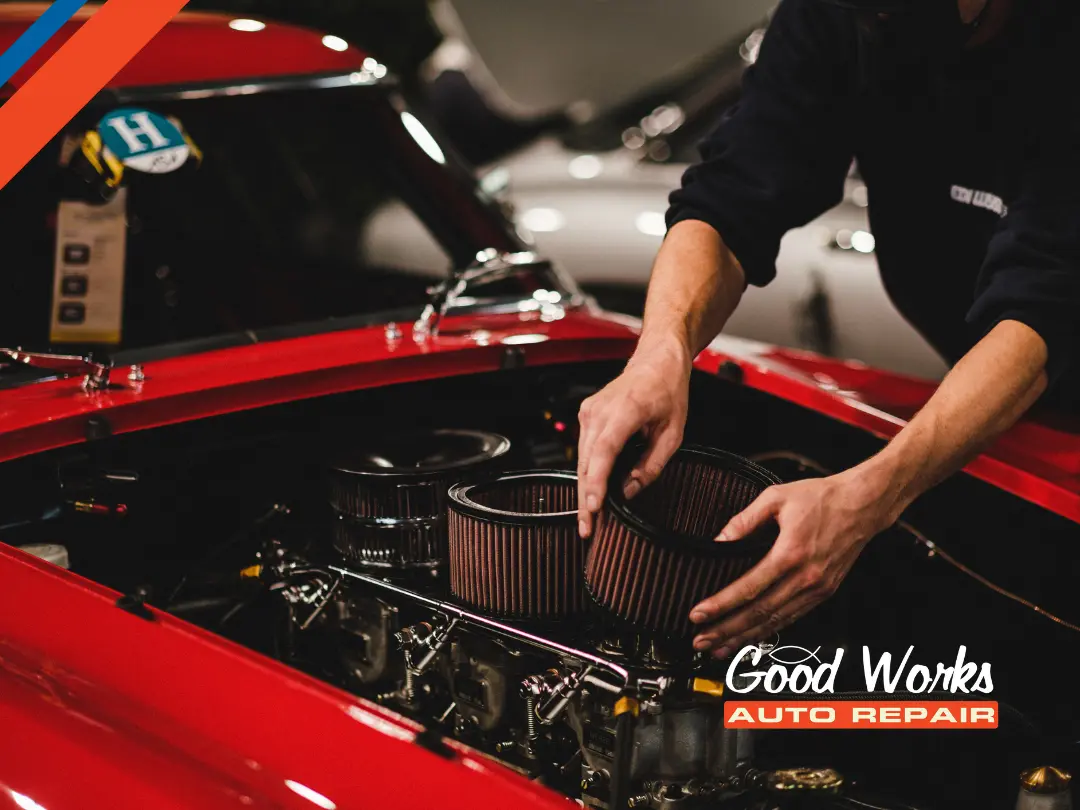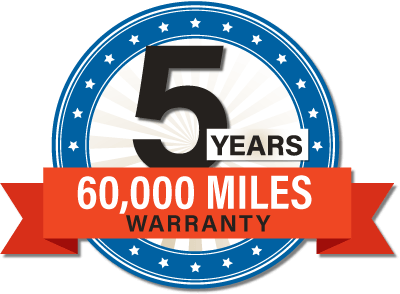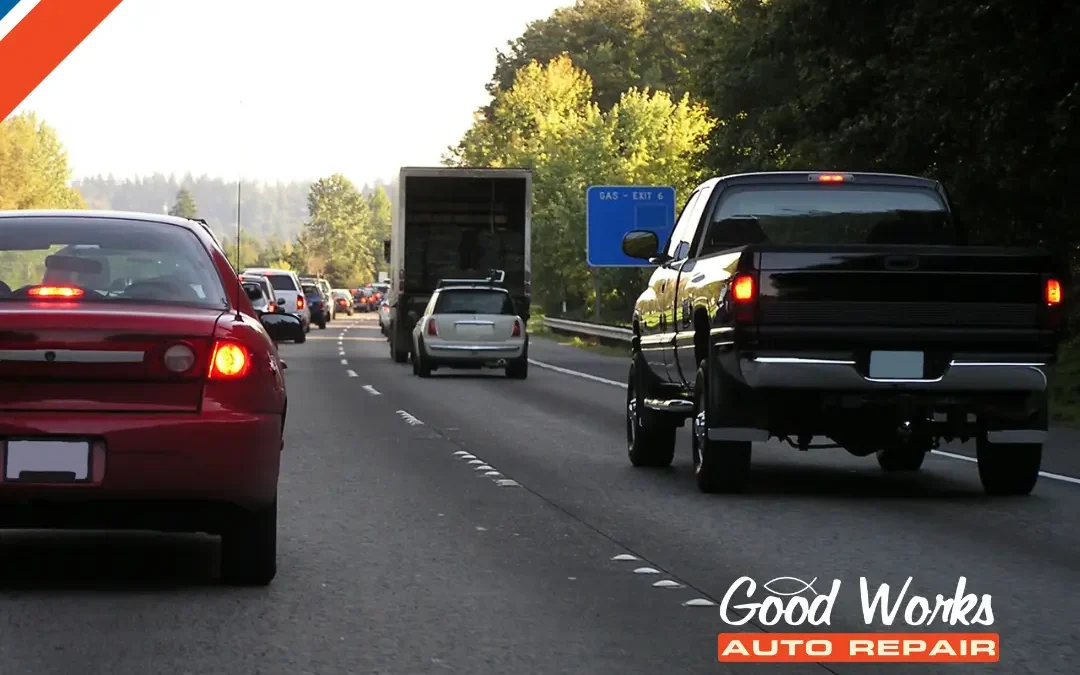Types of car filters
There are four main types of filters in your vehicle. Although they’re each located in a different spot, their functions are essentially the same – keep contaminants out!
- Engine Air filter – Just like your nose hairs keep you from inhaling dirt into your lungs, an engine air filter prevents dust and other debris from getting into your car’s engine. A clean air filter means better fuel efficiency and overall engine performance.
- Cabin Air Filter – We don’t often realize it but our vehicles are exposed to a lot of dust, pollen, and other debris every single time we drive. Imagine breathing all of that in? Fortunately, we don’t have to, thanks to a cabin air filter. This keeps all the nasty stuff in the air from being blown into the vehicle and eventually into our lungs.
- Fuel Filter – The name says it all. This filter’s main job is keeping contaminants out of your vehicle’s fuel and pump. The cleaner the gas, the smoother your ride will be.
- Oil Filter – This is probably the filter that is most familiar to vehicle owners because they need to regularly schedule an oil change. Just like its name implies, it keeps your car’s oil contaminant free.
What are the signs of a dirty air filter?
Most people rely on their favorite auto mechanic to handle filter replacements. But, watching for these signs of a dirty air filter can give you a clue as to when replacement is in order:
- Dirt is evident to the eye – New filters look fresh and white. Ones that are reaching their usable life are typically brown, gray, or black.
- Poor gas mileage – If you’re no longer enjoying the same fuel efficiency you once had, it could be due to a dirty air filter. Simply replacing the filter could save you money and help improve gas mileage.
- Engine misfires – A clogged filter can interfere with the air to fuel ratio in the engine.
- Check engine light – This is perhaps one of the most dreaded sights … an illuminated check engine light on the dashboard. Although there are many possible triggers, dirt or debris in the engine could be the culprit. Protect your investment by scheduling your vehicle for diagnostic service right away.
- Reduced power – Do YOU feel sluggish when you can’t breathe well due to a cold or congestion? Your vehicle will act the same way when one or more of its air filters are dirty and needing replacement.
How often should an air filter be changed?
Filter replacement schedules depend on the type of filter. In general, engine air filters should be replaced around 15,000 miles. Cabin air filters or oil filters, however, are typically changed out more frequently. Often, it depends on your driving conditions. For ultimate peace of mind, ask for your filters to be inspected when you bring your vehicle to the shop for other preventative maintenance items. Your mechanic can then make replacement recommendations based on the actual condition of the filter.
Keeping your vehicle’s filters in good condition is one of the easiest and most cost effective ways of keeping your car healthy. Give us a call to schedule an appointment today and we’ll make sure your filters are in tip top shape!






